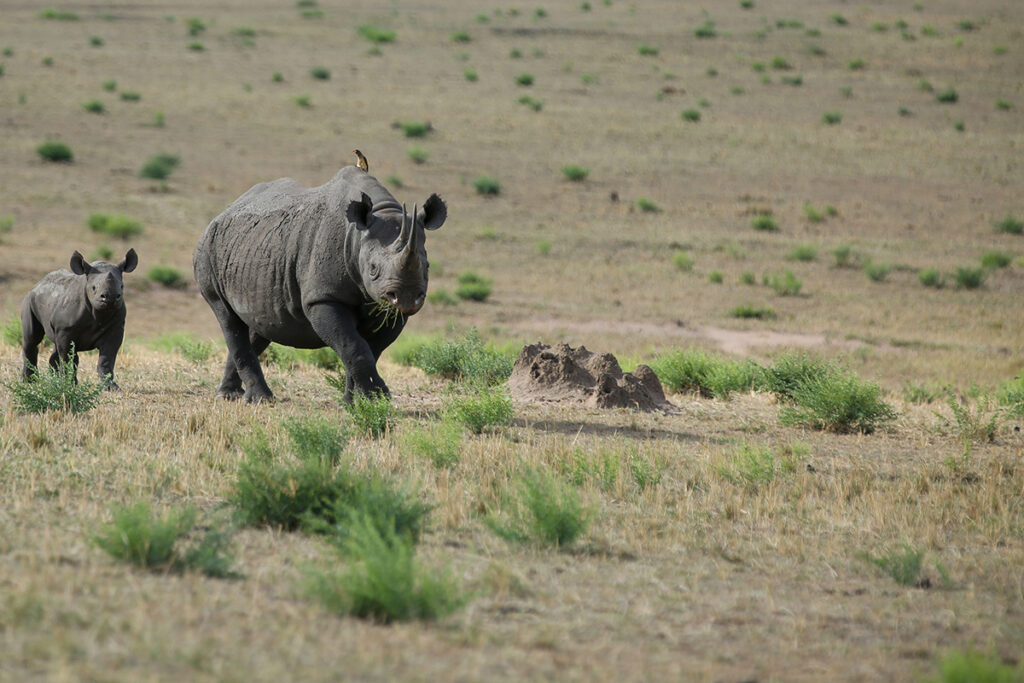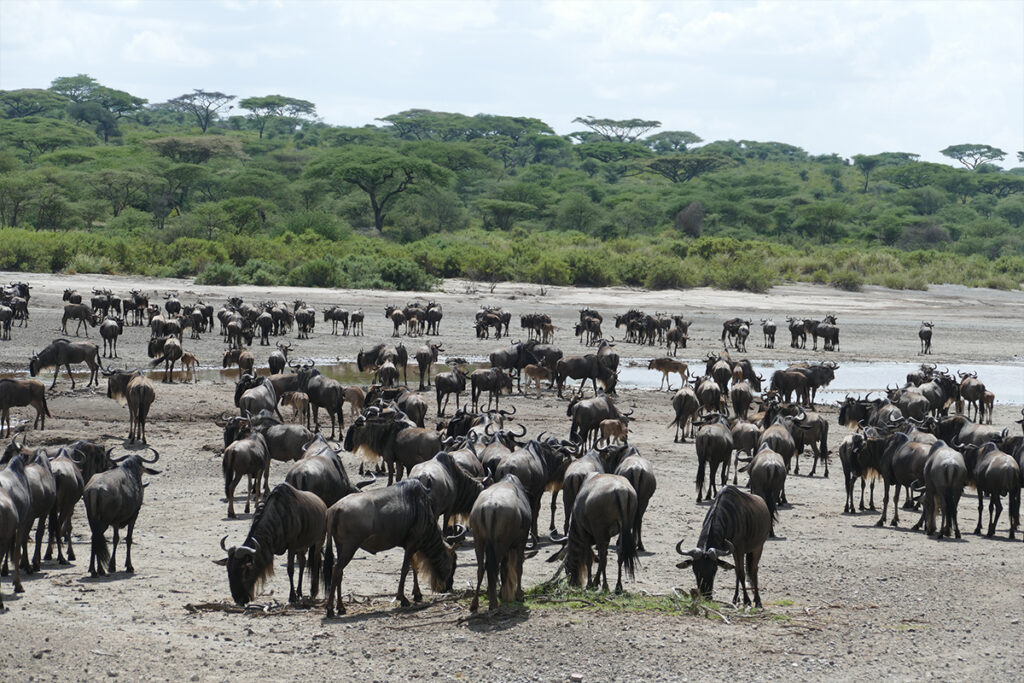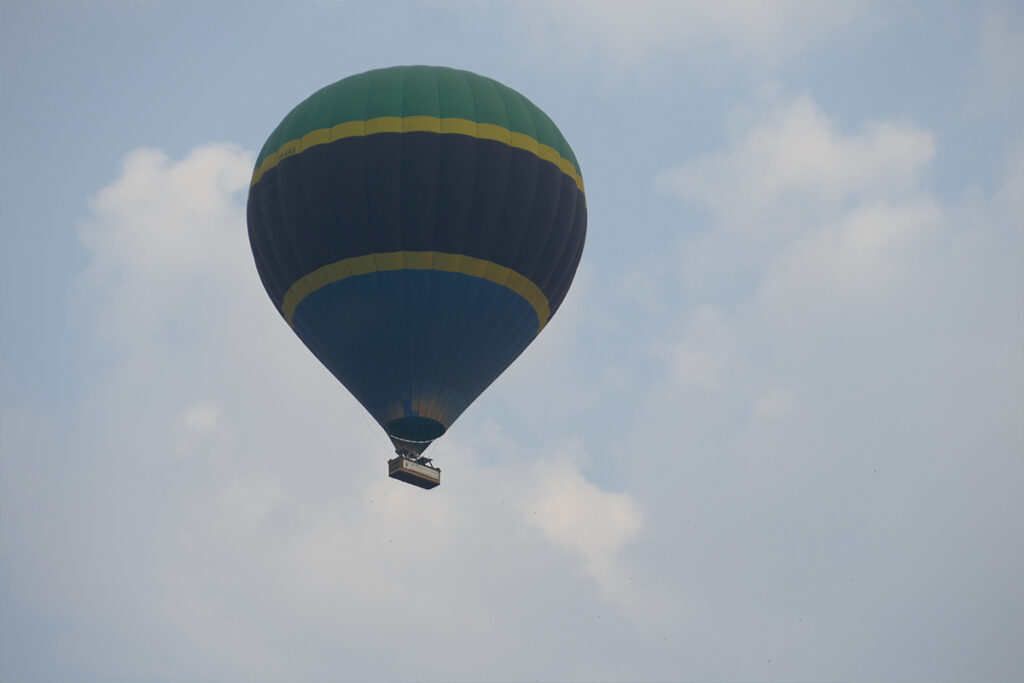Are you ready to embark on a journey that goes beyond the usual tourist attractions? Exploring the rich culture of Tanzania offers a unique and enriching experience that connects you with the heart of this vibrant nation. From its diverse ethnic groups to its flavorful cuisine and rhythmic music, Tanzania is a cultural treasure trove waiting to be discovered. This guide will take you through the key aspects of Tanzanian culture, helping you immerse yourself fully and respectfully in the local way of life.
Geographical and Historical Context
Tanzania, located in East Africa, is known for its stunning landscapes, including the Serengeti Plains, Mount Kilimanjaro, and the Zanzibar Archipelago. Its strategic location has made it a melting pot of cultures, influenced by Arab, Persian, Indian, and European traders and settlers over centuries. Understanding this historical backdrop helps appreciate the diverse cultural practices you’ll encounter.
Ethnic Diversity
Tanzania is home to over 120 ethnic groups, each with its own unique traditions and customs. The largest groups include the Sukuma, Chagga, and Maasai. This ethnic diversity enriches the cultural tapestry of the nation, with each group contributing to Tanzania’s collective cultural identity through music, dance, dress, and festivals.
Languages of Tanzania
Swahili, the national language, unites the country, providing a common means of communication. English is also widely spoken, especially in business and government. However, Tanzania boasts a multitude of indigenous languages, each reflecting the rich heritage of its speakers. Learning a few basic Swahili phrases can enhance your travel experience and help you connect with locals.
Traditional Music and Dance
Music and dance are integral to Tanzanian culture. Traditional music genres like Taarab and Bongo Flava blend local sounds with international influences. Popular dances include the energetic ngoma, which is performed at celebrations and festivals. Experiencing these performances offers a lively insight into the communal spirit of Tanzanian society.
Tanzanian Cuisine
Tanzanian cuisine is a delightful exploration of flavors, heavily influenced by its ethnic diversity and historical connections. Staples include ugali (a cornmeal porridge), rice, and plantains. Popular dishes like nyama choma (grilled meat) and pilau (spiced rice) reflect the culinary traditions of different regions. Be sure to try local specialties like Zanzibar’s seafood and mainland Tanzania’s diverse street food offerings.
Festivals and Celebrations
Tanzania’s festivals are vibrant expressions of its cultural heritage. Major national holidays include Nane Nane (Farmers’ Day) and Union Day. Unique local festivals, such as the Mwaka Kogwa in Zanzibar, celebrate traditional rituals and communal bonds. Participating in or witnessing these celebrations can provide a deeper understanding of Tanzanian traditions.
Art and Handicrafts
Traditional art forms like Tingatinga painting and Makonde carvings are distinctive features of Tanzanian culture. Handicrafts such as Maasai beadwork and Zanzibar’s intricately carved doors are not only beautiful but also tell stories of the country’s artistic heritage. Visiting local markets and workshops offers a chance to purchase these unique items and support local artisans.
Architecture and Historical Sites
Tanzanian architecture reflects its rich history and cultural influences. From the Swahili stone houses of Zanzibar to the colonial-era buildings in Dar es Salaam, the architectural styles are diverse and captivating. Historical sites like the ancient ruins of Kilwa Kisiwani and the rock paintings in Kondoa are must-visit landmarks that offer a glimpse into Tanzania’s past.
Daily Life and Social Structure
Understanding daily life in Tanzania provides a window into its social fabric. The family unit is central, with strong community ties and a collective approach to living. Gender roles are traditionally defined, but are evolving, especially in urban areas. Experiencing a typical day in a Tanzanian household can reveal much about the values and customs that shape local life.
Religion and Spiritual Beliefs
Tanzania is religiously diverse, with Christianity and Islam being the predominant faiths. Traditional beliefs also play a significant role, especially in rural areas. These spiritual practices often coexist harmoniously, with many Tanzanians participating in both religious and traditional rituals. Visiting places of worship and observing these practices can enhance your understanding of Tanzanian spirituality.
Education and Literacy
The education system in Tanzania has made significant strides, but challenges remain, especially in rural areas. Efforts to improve literacy rates and access to education are ongoing. Understanding the educational landscape provides context to the social and economic development efforts in the country.
Sports and Recreation
Sports are a popular pastime in Tanzania, with soccer (football) being the most beloved. The country also has a growing interest in athletics, especially long-distance running. Recreational activities like hiking and wildlife safaris offer opportunities to explore Tanzania’s natural beauty. Engaging in these activities can provide a fun and active way to connect with locals.
Travel Tips for Cultural Immersion
To truly immerse yourself in Tanzanian culture, engage with locals respectfully and with an open mind. Learn basic Swahili phrases to break the ice and show your interest in the local language. Participate in traditional activities, visit local markets, and be mindful of cultural norms and taboos. These efforts will enrich your travel experience and foster meaningful connections.
Tanzania’s cultural richness is a testament to its diverse heritage and vibrant traditions. From its music and dance to its cuisine and festivals, every aspect of Tanzanian culture offers a unique and enriching experience. By exploring and appreciating these cultural elements, travelers can gain a deeper understanding and respect for this beautiful country.
FAQs
What is the best time of year to visit Tanzania? The best time to visit Tanzania is during the dry seasons, from June to October and January to February, when wildlife viewing is optimal, and the weather is pleasant.
Are there any cultural taboos I should be aware of? Yes, some cultural taboos include pointing with your index finger, public displays of affection, and speaking disrespectfully about elders. It’s important to be mindful and respectful of local customs.
What traditional Tanzanian foods should I try? Be sure to try dishes like ugali, nyama choma, pilau, and Zanzibar’s seafood specialties. Street foods such as samosas and chapati are also popular and delicious.
How can I learn more about Tanzanian music and dance? Attending local festivals, visiting cultural centers, and watching live performances are great ways to experience Tanzanian music and dance firsthand. You can also explore online resources and music streaming platforms.
What are some good resources for learning Swahili? Resources for learning Swahili include language apps like Duolingo, online courses, textbooks, and local language schools. Practicing with native speakers is also highly beneficial.



